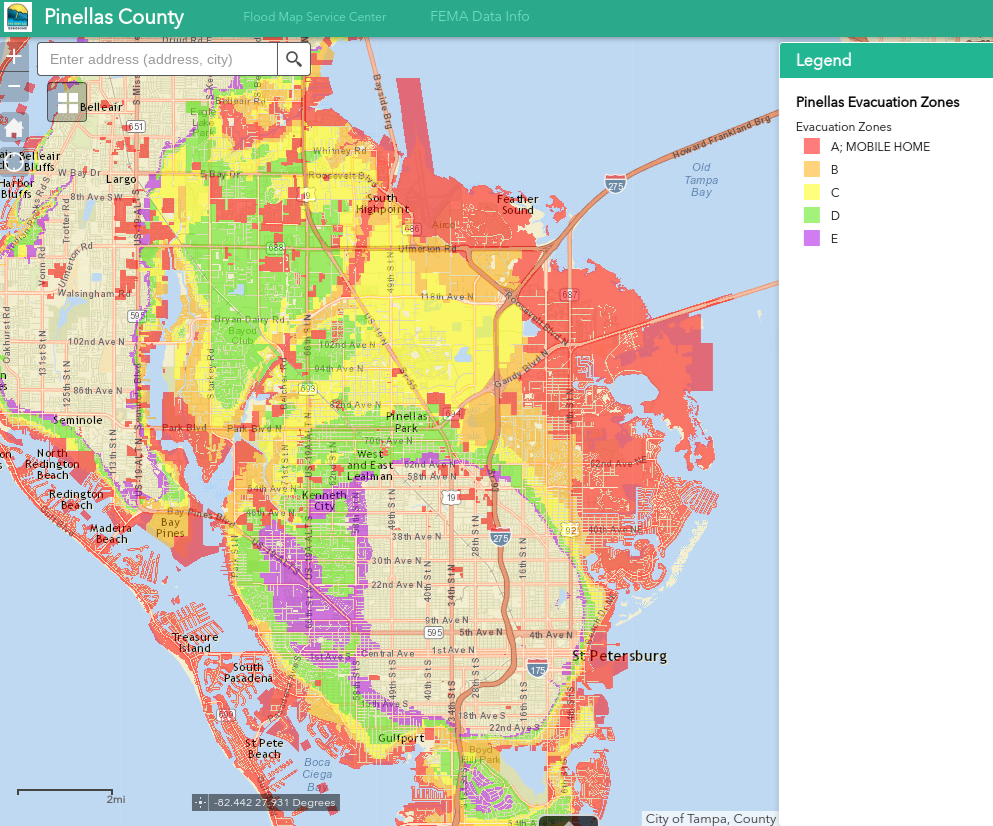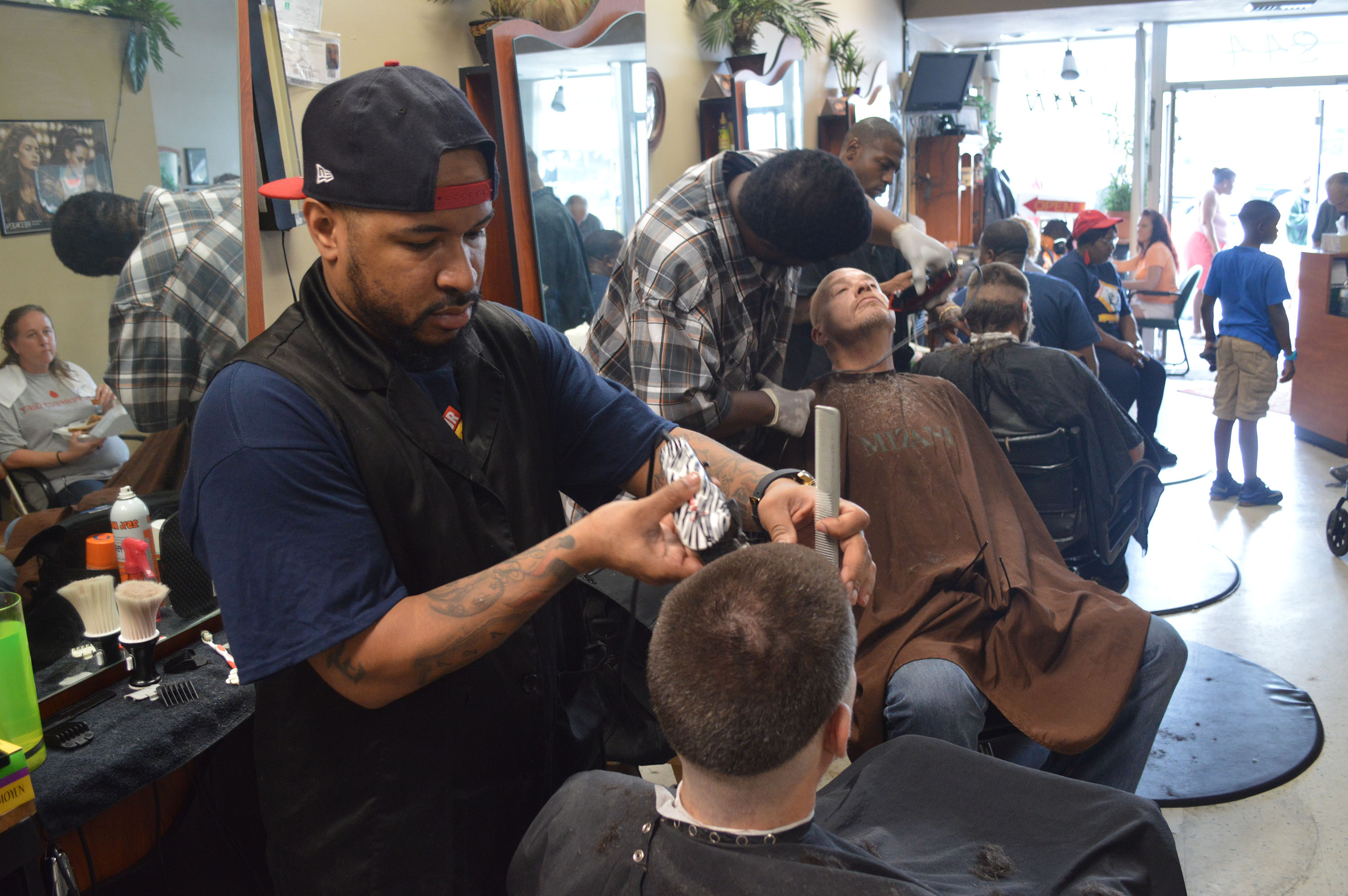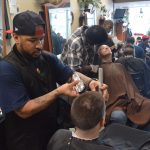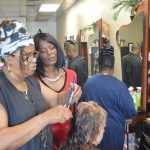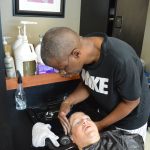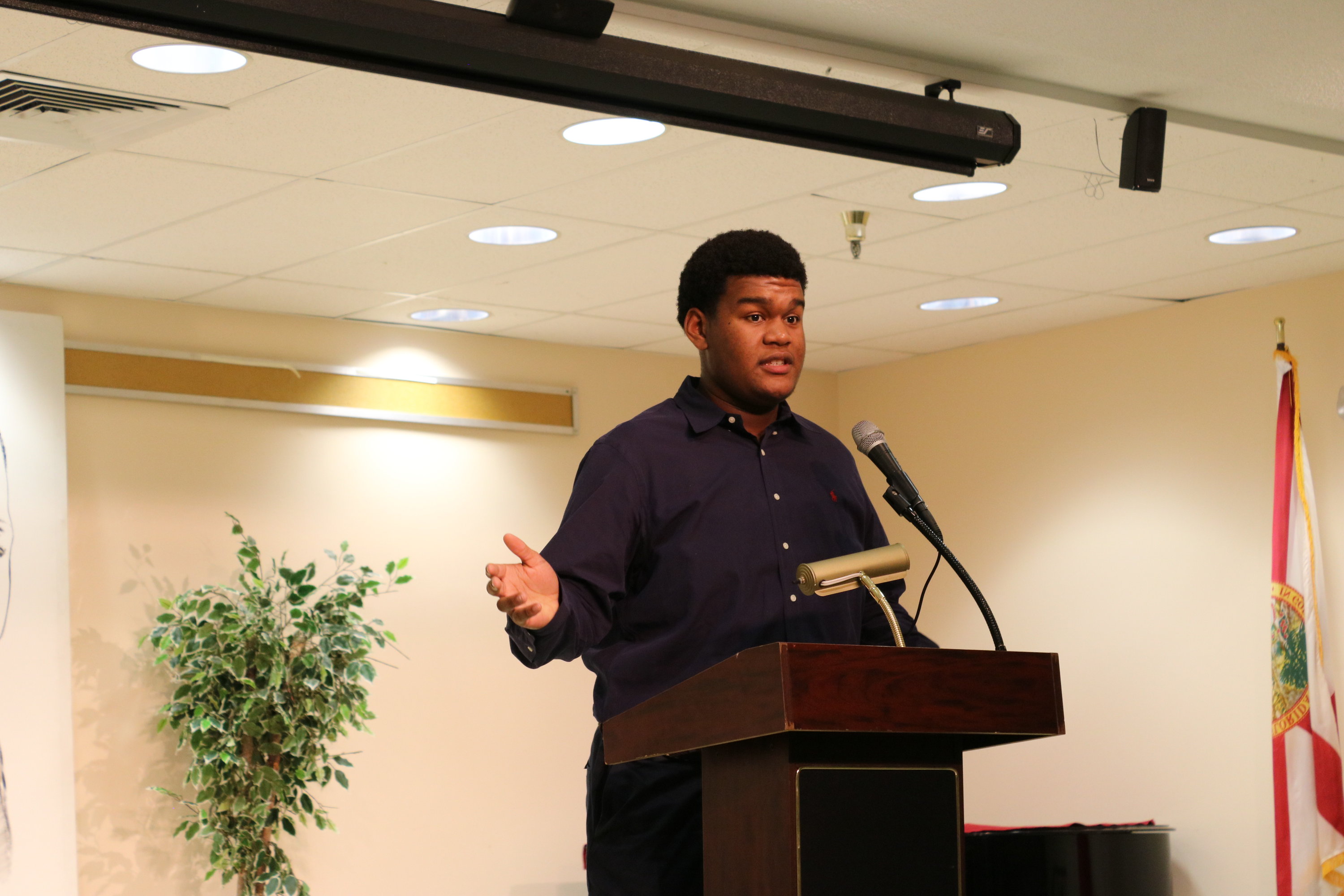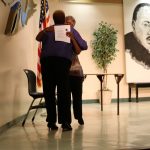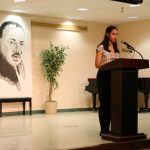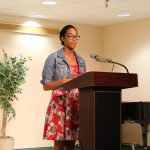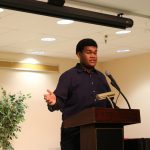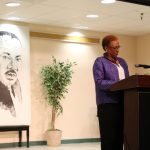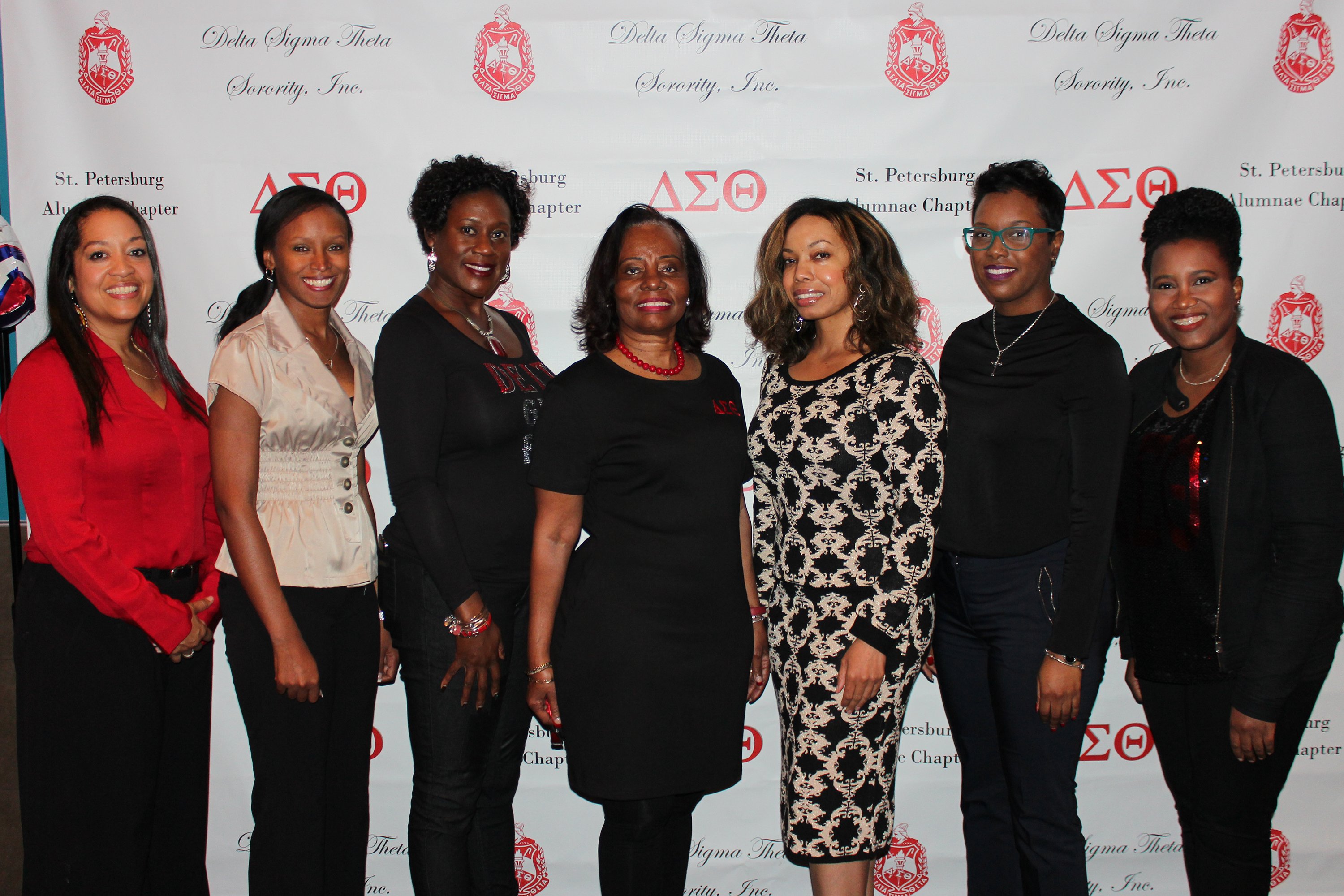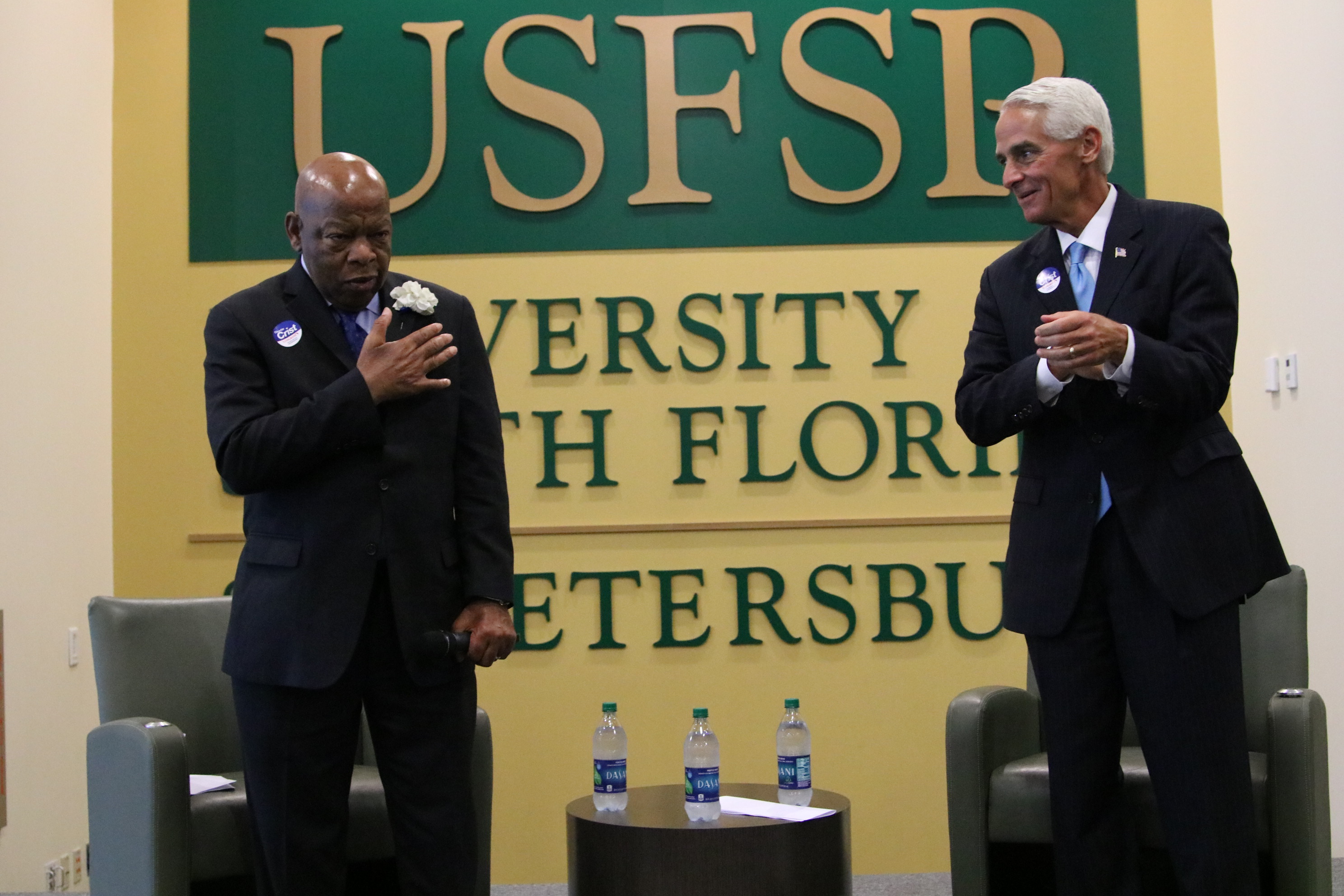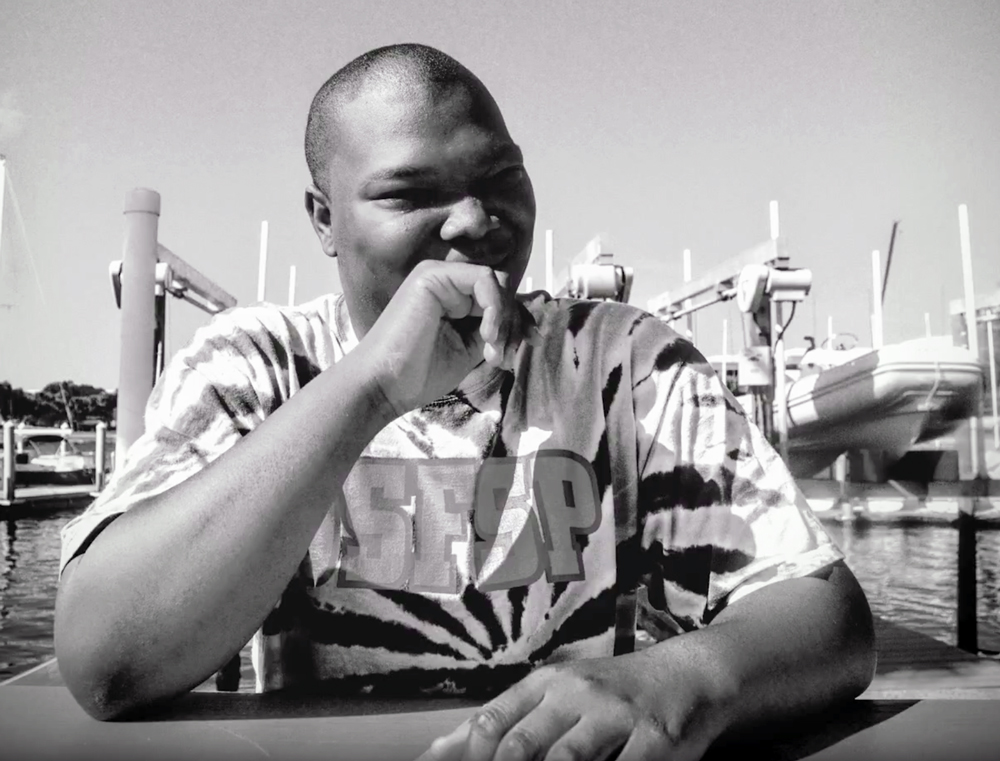Dispelling the Deserts
Communities Implement Their Own Solutions Against Food Insecurity in St. Petersburg
BY THOMAS IOVINO
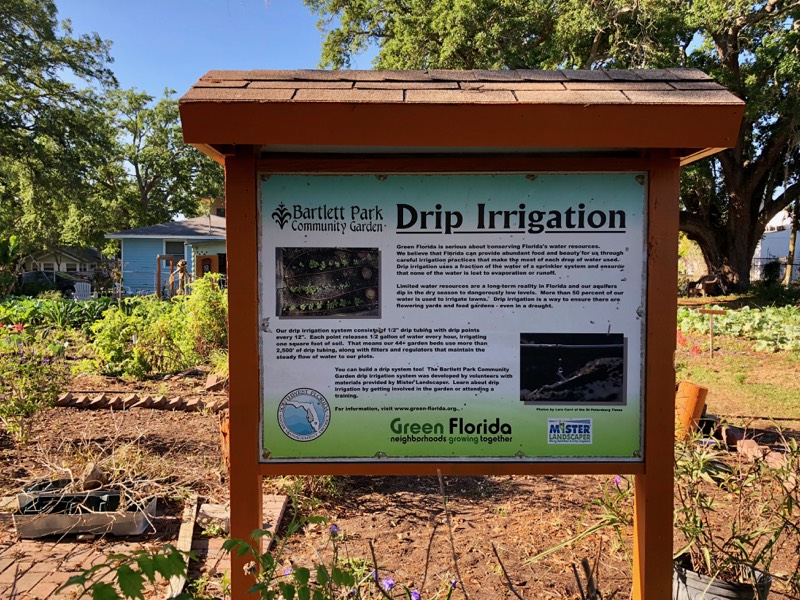
Nearly 1,000 days ago, residents of south St. Petersburg lost access to something many of us take for granted – easy access to fresh, wholesome foods. That’s when the Walmart Neighborhood Market closed in Tangerine Plaza, located at the intersection of 22nd Street South and 18th Avenue South.
While something like this may seem like an inconvenience, it presented itself in a potent way to Wendy Wesley, a registered dietitian working at St. Anthony’s Hospital.
“I noticed that many of the clients I saw with chronic illnesses were not doing well. Those with diabetes, heart disease, obesity and kidney problems were getting worse,” Wesley said.
And, when she did some digging, she discovered that there was only one store in south St. Petersburg that was selling fresh produce.
When measuring public health and the quality of life in communities, many studies focus on commute times, access to doctors and disease attack rates. But, there is one more basic need which can get frequently overlooked, and that is basic access to healthy, fresh food. Not only is this essential to simply satisfy hunger, but a failure to focus on proper nutrition can lead to a host of health concerns including obesity, type two diabetes and certain forms of cancer. The areas around the country where access to nutritious, fresh food is limited are known as food deserts.
The United States Department of Agriculture and the Centers for Disease Control and Prevention define food deserts as areas that lack nearby access to affordable fruits, vegetables, whole grains, low-fat milk and other foods which make up the full range of a healthy diet. The distance from grocery stores varies according to how densely populated the area is. In rural communities, it is 10 miles. In urban areas such as south St. Petersburg, it is one.
In food deserts, fast food establishments and convenience stores provide less nutritious options, or more nutritious options at a considerably higher cost. These highly processed foods offer inadequate nutrient value, or provide too much sugar, fat or salt for a balanced diet.
“That becomes a problem when you address public health,” said Wesley. “If there are no healthy options, chronic health issues become an additional barrier, as people are unable to travel the greater distances, creating a vicious cycle.”
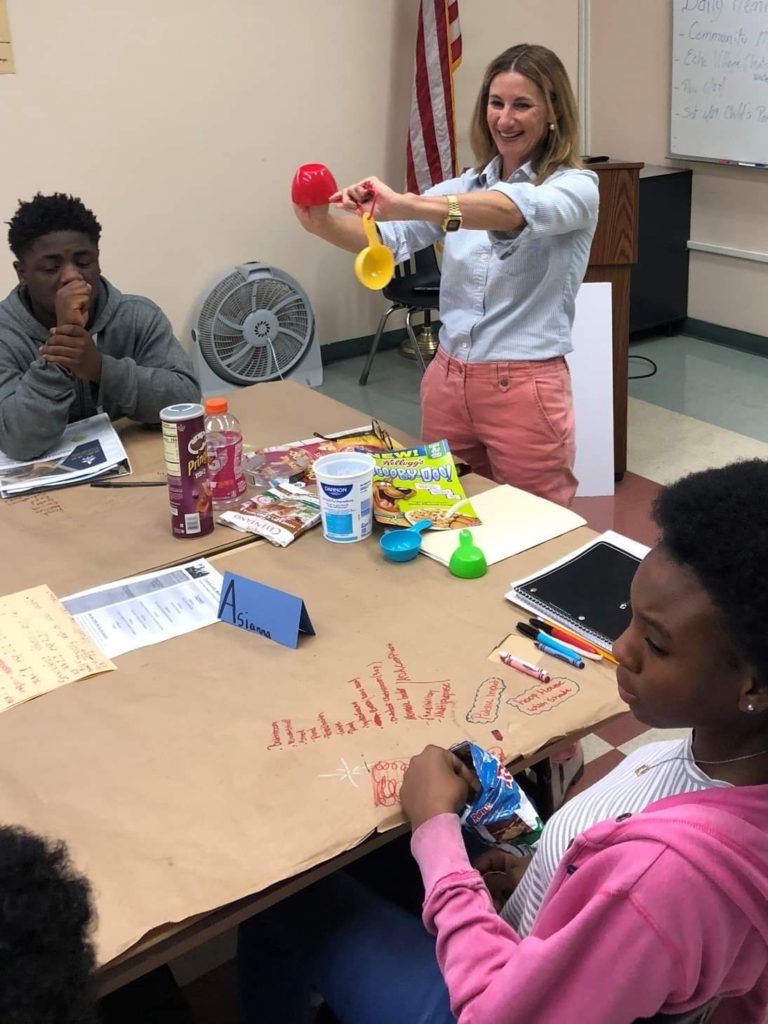
Another challenge experienced in Pinellas County is an underfunded public transportation system. Without a light rail or subway system, the Pinellas Suncoast Transit Authority is reliant solely upon buses to transport residents without a vehicle of their own. With an operating budget approximately one third the size of comparably sized transit systems, fewer routes and longer wait times between buses are the norm. Overcoming this transportation obstacle can prove daunting for most riders, who fall under a category known as ALICE – Asset Limited, Income Constrained, Employed – more commonly known as the working poor.
Finding New Solutions
Supermarket chains – the main source of fresh, wholesome foods in highly urbanized areas – have failed to set roots in areas which have been economically depressed. In Pinellas County, these areas include the Greenwood area of Clearwater, unincorporated Lealman and vast stretches of south St. Petersburg.
“In many ways, a lack of access to food is a symptom of racism and discrimination against lower income communities,” Wesley explained. “As businesses, they are more than welcome to follow whatever business model they wish. However, their model can negatively impact the health of the community they claim to serve.”
An alternative to the traditional grocery stores that has proven successful across the country is food cooperatives. These stores are both owned and operated by community members, much in the same way that credit unions are member-owned banking institutions. With the local community buy-in, and a model that seeks to provide employment for the community members they serve, food cooperatives can help fill a vital role in putting an end to food deserts.
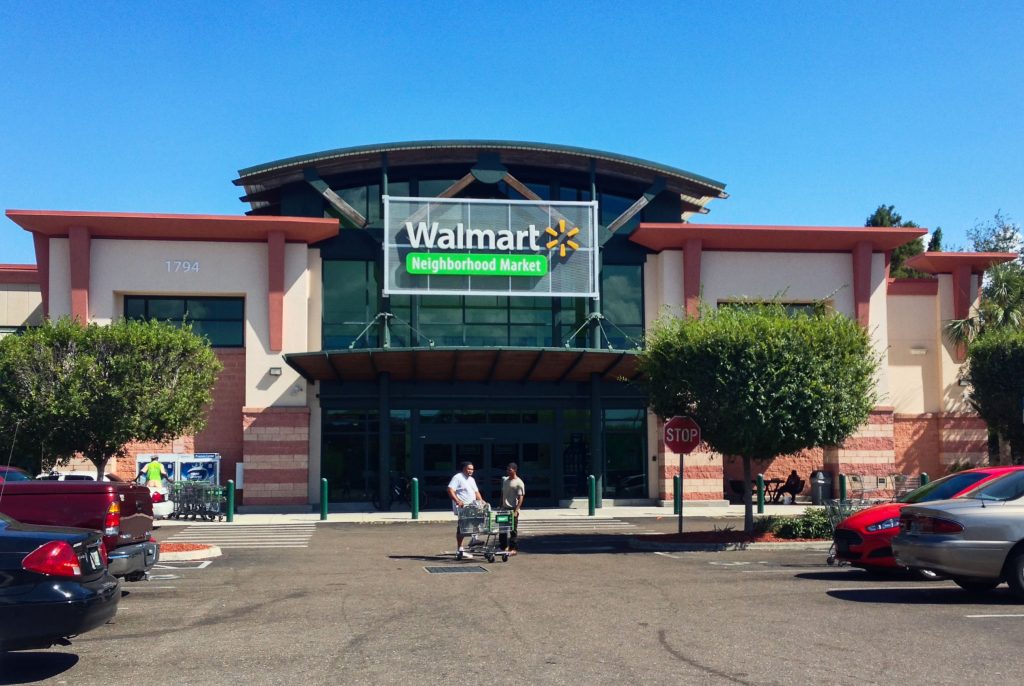
Communities of all sizes – from the 4th Street Food Co-Op in midtown Manhattan, to the Co-Op Market in Fairbanks, Alaska, where every kid who comes in to grocery shop gets a banana–are just a couple of examples of successful initiatives. The National Co-Op Grocers is an association of 148 Co-Ops across the United States, and assists member stores with operational planning, legislative assistance and other critical business needs. In south St. Petersburg, the One Community Grocery Co-Op, developed with the support of Pinellas Tech and the People’s Budget Review, has recently celebrated its first year of operation.
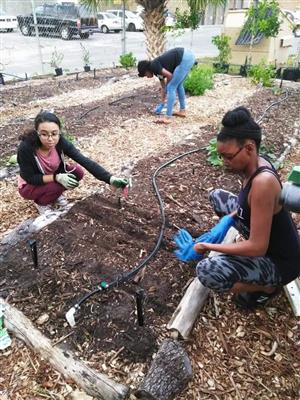
Another old idea currently being explored in south St. Petersburg to help reduce the impact of food deserts is the establishment of community farms. The concept, popular during World War II to manage food consumption on the home front, was to plant a victory garden, where fresh fruits and vegetables were harvested and canned, freeing commercial producers to feed troops overseas. Given Florida’s mild winters and selection of heat-tolerant plants, community gardens can produce year-round, encouraging residents to take part in a cost-effective method of addressing this important concern.
Gardens located in neighborhoods such as Jordan Park, Bartlett Park, Child’s Park and the Enoch Davis Center not only provide fresh produce, but also offer youth leadership opportunities, culinary training and food systems education.
